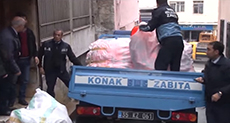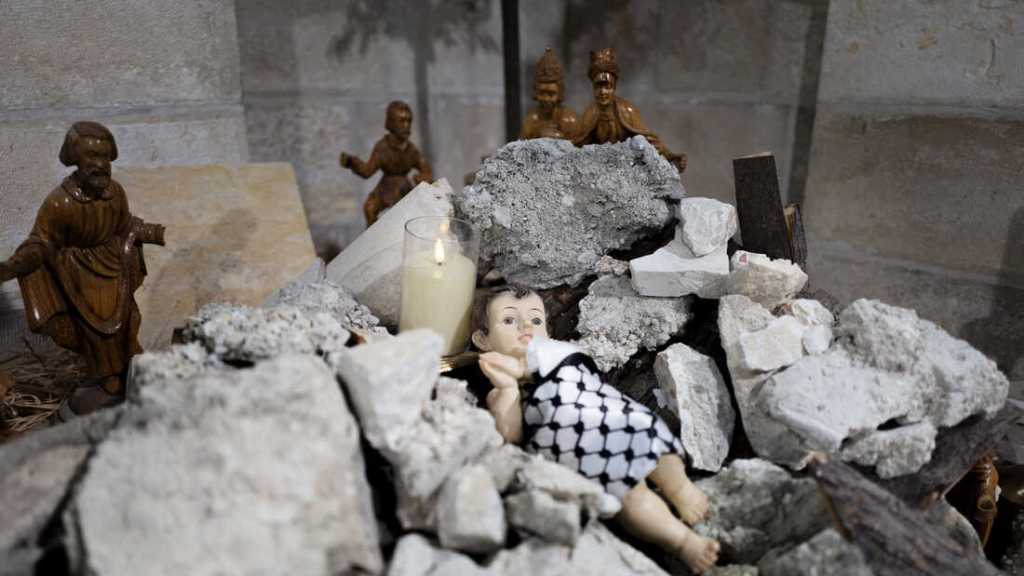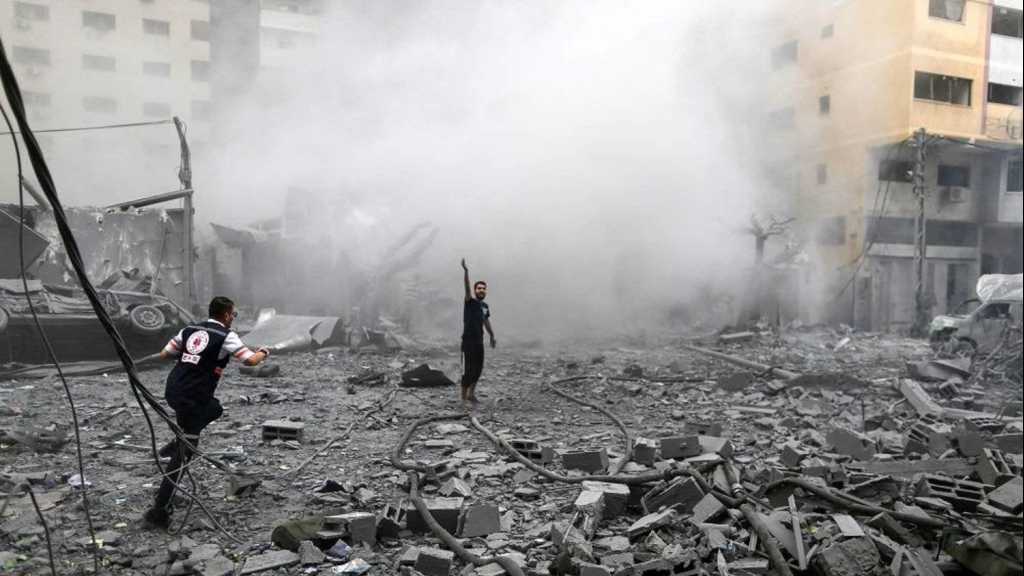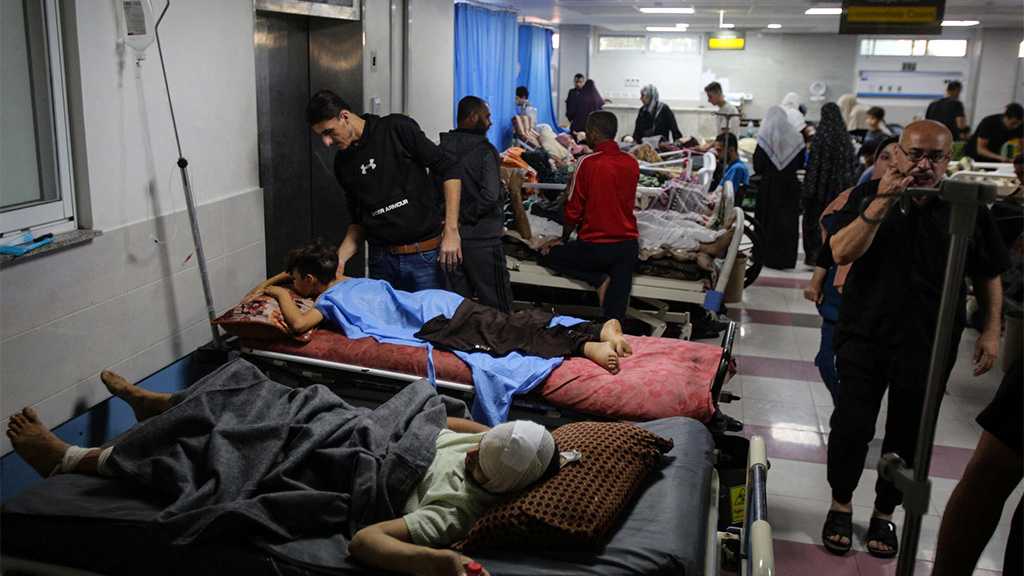
Raid on Turkish Workshop Staffed with Syrian Children

Local Editor
Turkey's black market economy is benefiting from the mass influx of Syrian refugees into the country, with a recent raid on life jacket manufacturing facility revealing the exploitation of a child workforce along with hundreds of dangerously poor-quality vests.

Two children were discovered working in an illegal clothing manufacturing facility during a police raid on a workshop in Turkey's İzmir province. The raid also uncovered the opportunistic aspect of the black-market economy where illegal manufacturing facilities make and then sell low quality equipment designed to save people's lives.
Besides discovering the two young Syrian girls among the four employees working at the "factory", authorities seized 1,263 counterfeits of "renowned" life-jackets of various brands. Some of them were made of tent cloth with poor water resistance and filled with sponges and rags, rather than quality buoyancy material needed to keep potential victims afloat.
Izmir, which is a major hub for refugees trying to make it to EU, has become a perfect market place for goods that do not correspond to any safety standards. According to local media, fake life-jackets are being sold for less than 30 Turkish liras [$10], compared to the 75 liras [$25] which one might pay for a decent-quality product at a proper store, which makes a big difference for impoverished migrants traveling with entire families.
The illegal manufacturing and sale of such poor quality goods has contributed greatly to the 3,771 deaths of those trying to cross the Mediterranean officially recorded last year. In 2015 some 1,004,356 migrants reached Europe, according to the International Organization for Migration [IOM].
Meanwhile Turkey remains home to around 2.2 million Syrian refugees, only a portion of whom live in migrant camps.
Source: News Agencies, Edited by website
Comments
- Related News



